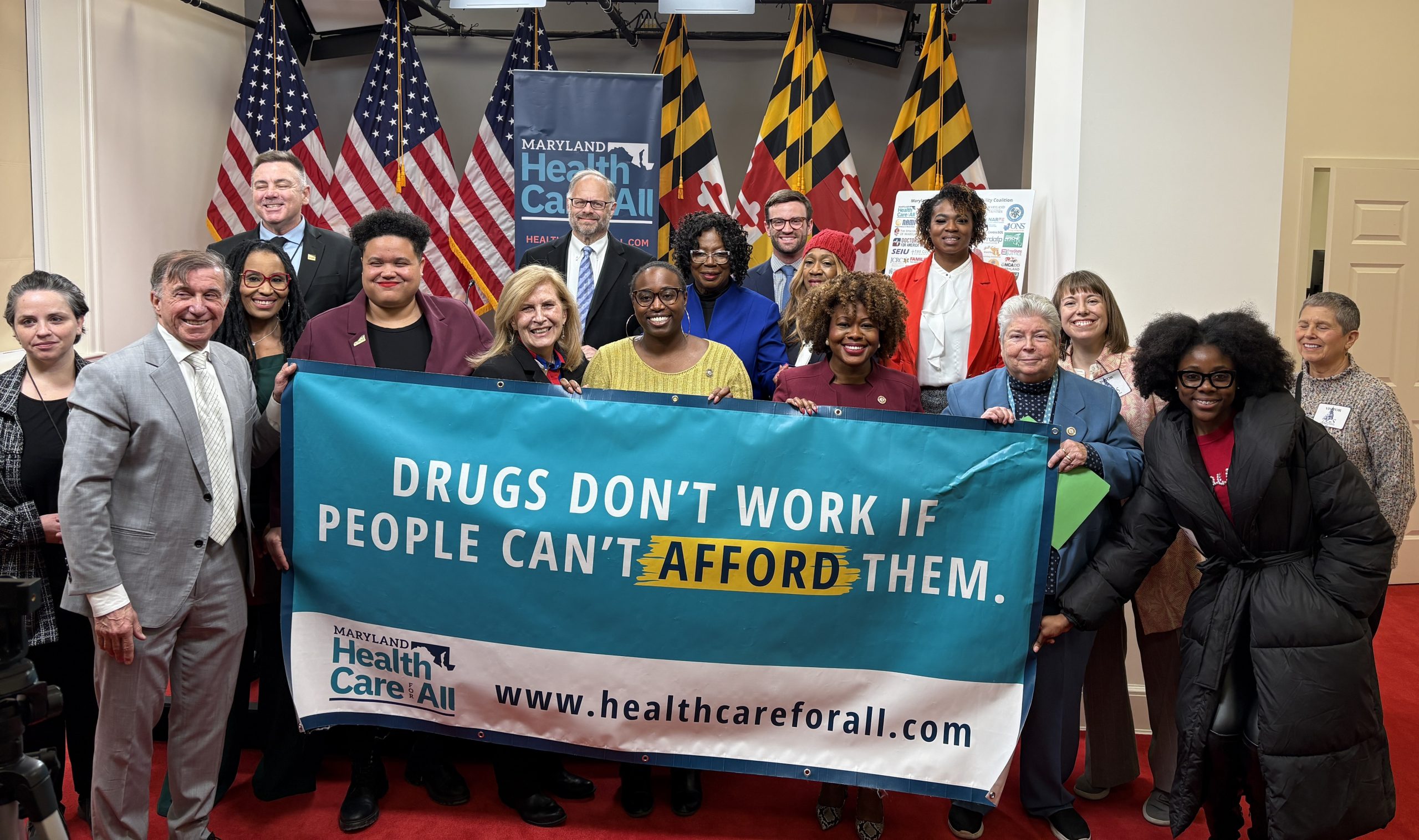Morgan Eichensehr
Dec 19, 2018
One of the top legislative priorities for 2019 among health care advocacy groups is increasing drug affordability and transparency.
Health care is bound to be a hot topic again next year in the General Assembly, following up on a year in which multiple bills were passed to try and stabilize the state’s Obamacare marketplace amid federal turmoil.
Advocacy groups in Maryland are already gearing up to support or fight certain health care issues as they come under legislative scrutiny next session. The BBJ checked in on some of the things they will be keeping an eye on in the Maryland Senate and House of Delegates in 2019. The legislative session begins January 9.
Maryland’s medical society, MedChi, is focusing largely on matters of health care access and efficiency. The group represents about 8,000 physicians across the state.
Some of the top priorities on MedChi’s legislative agenda include:
Advocating that fiscal 2020 Medicaid reimbursement rates equal those in the Medicare program
Currently, primary care services under Medicaid are not reimbursed at the same level as under Medicare, Ransom explained. Generally, Medicare offers health coverage to senior citizens, while Medicaid covers poor residents. He said if parity is achieved in the reimbursements, more physicians may be encouraged to accept Medicaid, which could give Medicaid patients access to better primary care options.
“It’s really a fairness issue,” Ransom said. “Our Medicaid patients should have access to the same services as we offer our senior citizens.”
Fighting against tort reform on the “expert witness” rule
Last session, lawmakers considered repealing an existing state rule that prevents doctors from testifying in medical malpractice cases if they have spent more than 20 percent of their professional time as expert witnesses. Ransom said he expects this issue to come up in 2019 in the General Assembly as well, and his organization plans to fight the repeal efforts. MedChi has said the rule prevents doctors from spending their time as “professional witnesses” in malpractice cases.
Another health care-focused advocacy organization, this one focused more on the consumer side of things, is putting its efforts behind two major issues expected to come up in the new session:
Strengthening the Affordable Care Act (ACA) marketplace in Maryland
Vincent DeMarco, president of the Maryland Citizens’ Health Initiative (MCHI), said one of his organization’s top priorities is making sure that the gains made in Maryland over the past year concerning the ACA are not lost, and that progress continues to be made. Maryland’s ACA marketplace saw 156,963 enrollments for 2019. That number is up 2 percent over last year, while marketplaces in other states continued to bleed consumers. The gains have been attributed to a reinsurance program launched in Maryland, per legislation that was passed in the last session, that allowed insurance firms operating in the ACA-born individual market to see cost-savings which resulted in lower premium prices on certain health plans. This year’s price drops followed four consecutive years of double-digit percentage increases in premiums.
DeMarco said Maryland must shore up its ACA market even more, to counter federal efforts made to undermine the health care law. One of the shoring-up methods being proposed is a state-based version of the “individual mandate” provision, which requires all citizens to purchase some kind of health insurance. If passed, the Maryland policy would effectively replace the federal mandate, as the Trump administration has decided to not enforce it. Industry officials worry that without the force of the mandate, more and more people will opt out of purchasing insurance and leave the ACA market pools, making them more risky and less stable.
The proposal is being called a “health insurance down payment” plan. It would require all Marylanders to purchase health insurance, or else pay a fee. A $695 per adult annual penalty would be levied against the uninsured, or else those residents would have the option to put that fee amount toward purchasing themselves a health plan.
Making high-cost drugs more affordable for Marylanders
Another measure expected to be introduced this coming session takes aim at unaffordable drugs. It calls for the creation of a Prescription Drug Affordability Board to determine the best path for making high-cost medicines more accessible for Marylanders, including establishing maximum payment rates in the state for especially expensive drugs. A similar measure was considered in the 2018 legislative session, but did not pass, DeMarco noted. The Legislative Black Caucus has already announced drug affordability legislation will be one of its top priorities in 2019.
“There are so many drugs that could really be helping people, that are out of reach for them,” DeMarco said. “Drugs don’t work if we can’t afford them.”
Ransom mentioned that MedChi is also paying particular attention to discussions around protecting the ACA and increasing drug pricing transparency as new policies take shape in the legislature next year.
Last modified: December 19, 2018



